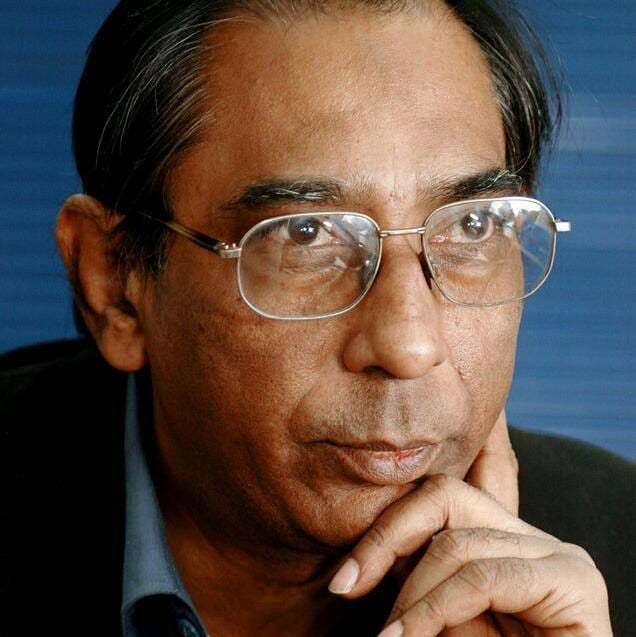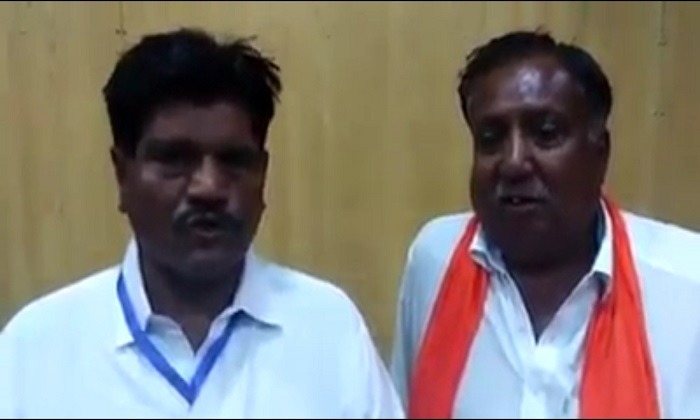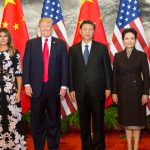[wp_ad_camp_1] By Zaib Azkaar Hussain
Karachi
An impartial view in relative terms is imperative in analysing the situations or covering the events in journalism:
In journalism, there is nothing above the principle of coverage of exact situation whether it is critical or favourable to anyone.
Otherwise the coverage or reporting will be termed as biased. You can be a supporter or sympathizer to any politicians, groups, parties or individuals but you can’t’ apply your personal views is in covering an event.
The event which is being covered as a news story must not be covered and informed containing your personal views.
In this situation it would be considered your personal opinion on an event or happening but no one would take it as a news or objective reporting of an event. It is very clear that the act of violation of impartiality cannot be considered as journalism.
At present times those projecting their personal political ideas supporting some political parties, groups or government backed organisations or any others, have in fact nothing to do with the genuine journalism and mass communication.
The rules of journalism in news reporting, article writing articles and column writing (especially when you are a part of a media house or newspaper establishment) do not allow you to plead the cause of a certain part or air your personal view. Interestingly here are the ‘journalists’ who have chosen to guide rulers and other than the rulers to act according to their personal and rather subjective political ideology.
A journalist, media person, presenter or writer cannot violate the basic rules and goals deal with the journalism, mass communication and media science.
Of course, characteristic and latest developments have changed things a lot but it has not deviated from the essential rules of journalism.
The method and styles of coverage could be changed but basic purpose cannot be changed and if someone tries to replace the rule of provision of correct information, then he or she may have some other status but not that of a journalist.
In modern journalism one can give up the idea of applying ‘Five Ws and One H’ in writing intro of an analytical story or a news story, it still requires underling of the occasion after all.
Ironically, some people affiliated with newspapers and media houses have chosen to claim themselves to be journalists but their actions speak otherwise.
Such people in their writings and views aired from different private TV Channels have started creating confusion about the role of journalists by denouncing and commending one party or group on the basis of their own liking and disliking.
In other words they are painting a biased picture of journalism in Pakistan and that is indeed alarming. These people have become stakeholders in politics and political affairs of the country. It shows they have some personal goals either to become politicians in future or to influence masses for their own political ideology or goals. They do impose their own views on readers and viewers by taking side of the parties or political forces of their own choice, instead of allowing them to decide their own.
Hence, they are trying to project themselves to be a party or stakeholders under in the name of media and journalism and is not a perfect position to view the affairs as a professional journalist and as analyst too.
In recent days, a very strange trend of writing in newspapers has emerged and that could be described as ad-oriented columns. In such columns, the columnists got projected their writings as ‘columns’ in the respective newspaper (especially Urdu newspapers) but on reading a reader gets a conclusion that an ad (advertisement) of a product or a welfare organisation seeking donations and funds from philanthropists, was termed as column.
These columns are also being published on editorial pages in Urdu newspapers.
When talked to two lawyers who are also writers said “In some cases some analysts demanded of the Supreme Court to take suo-motu actions in some matters that was actually against the rules.”
A senior lawyer and writer Advocate Shakeel Ahmed Satti stated: “The apex court of the country is not addressed in this manner and that showed the analysts had no awareness about the rules dealing with the judicial matters and journalistic ethics as well.”
He further observed that the apex court could take suo-motu action under Article 184 (3) in the wake of public importance but no one has a right to guide it or demand of it. The act of “suo-motu’ itself is derived from the constitution and constitutional powers.
The law relates to the discretion of the court and not is an ordinary one. He commented that it was so sarcastic that the ignorant analysts were talking about the suo-motu action in a manner or under an impression that something was mandatory.
Another senior advocate, poet and critic Shakil Waheed held “An analyst could comment on a judgment passed by the apex court but within the parameters of the judgment the court passed on some issue.”
However, an analyst must avoid to take into account a judgment subjectively illogically in ignorance of the legal points covered by the said judgment.
Shakil Waheed concluded that in analysing judgments, an analyst must keep in mind that some legal matter or related petition was not pending with the Supreme Court or any other court as the courts did not allow to discuss the sub judice matters or to make sweeping statements in the cases pending with the court. In such situations, the statements and comments are considered as an act of influencing courts that caused contempt of court.
Ends



































